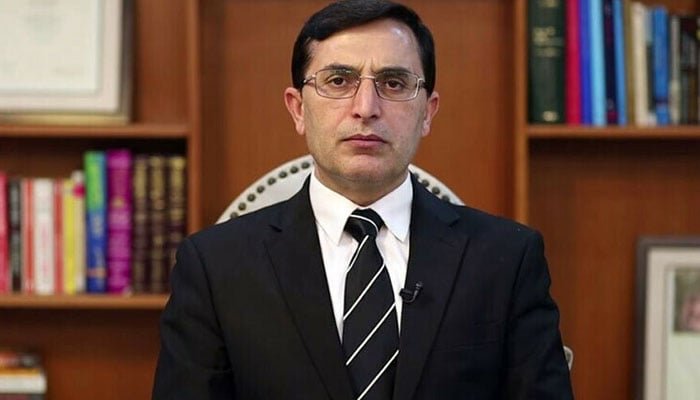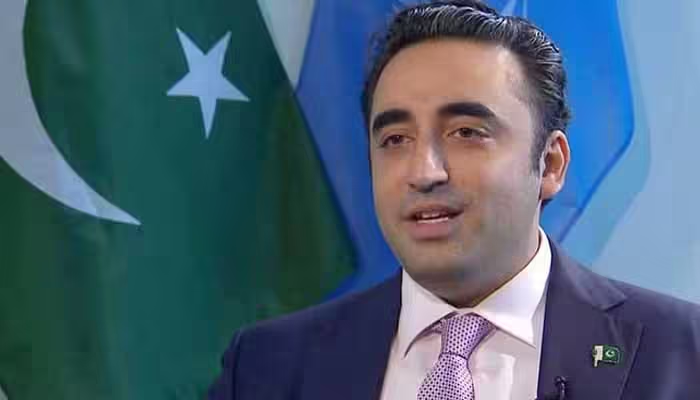In a recent statement, Barrister Gohar, a leader of the Pakistan Tehreek-e-Insaf (PTI), categorically denied any contact or intention to form an alliance with the Pakistan Peoples Party (PPP) and Pakistan Muslim League-Nawaz (PML-N). He emphasized that there is no intention to collaborate with these parties to form a government.
Highlighting the electoral prospects of PTI, Barrister Gohar expressed confidence that they are nearing approximately 150 seats in the upcoming government, indicating optimism regarding their chances of forming the government.
He asserted that PTI intends to form the government in the federal, Punjab, and Khyber Pakhtunkhwa provinces. They will not entertain the idea of joining forces with any other party but will remain loyal to the party that led them, referring to PTI’s leadership under Imran Khan.
Meanwhile, as the post-polling results unfold, PTI’s independently supported candidates have secured 95 seats in the National Assembly, leading the tally. On the other hand, the opposition Pakistan Muslim League-Nawaz (PML-N) has secured 67 seats, while the Pakistan Peoples Party (PPP) has managed to secure 52 seats so far.
The distribution of seats also reflects the success of other parties in the electoral fray. The Muttahida Qaumi Movement Pakistan (MQM-P) has secured 15 seats, while the Pakistan Muslim League-Quaid (PML-Q) has secured 2. Additionally, the Muttahida Majlis-e-Amal (MMA) and Jamiat Ulema-e-Islam (JUI) have each secured 2 seats. However, Jamaat-e-Islami and Balochistan Awami Party have yet to secure any seats in the National Assembly.
These developments underscore the evolving political landscape in Pakistan, with various parties vying for power and representation in the government. As the process unfolds, the formation of the government will hinge on strategic alliances and negotiations among the political stakeholders.



